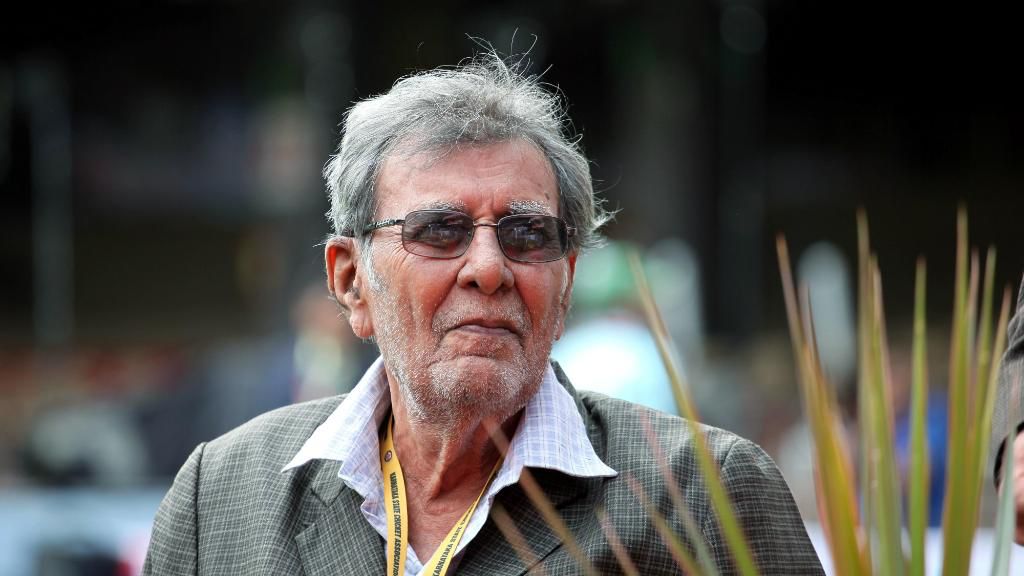
April 1962. The Indian cricket team is touring the West Indies. It is turning out to be a traumatic tour. The Indians have lost the first 3 test matches by big margins. In between the 2nd and 3rd test, in a tour match vs. Barbados, they almost lost their leader. Captain Nariman Contractor was felled by a Charlie Griffith bouncer and nearly lost his life.
A shell shocked group is left like a rudderless boat. The 4th test match is being played at Port of Spain in Trinidad and it follows a familiar script. The hosts piled up a big total and then Wes Hall bowled with fire to leave Indians humiliated. As they followed on, an early wicket went down. There were very few takers to go out and face the fire of Hall & co. Just then, one man, who typically batted at 8 or 9, put his hand up. It was Salim Aziz Durani – the uncrowned prince of Indian cricket. Dashing and debonair, Durani was among that good looking bunch of Indian cricketers of the 60s: skipper Nawab of Pataudi, Mansur Ali Khan, M.L. Jaisimha, Farokh Engineer, Abbas Ali Baig etc. who captured the imagination of Indian cricket lovers like never before.
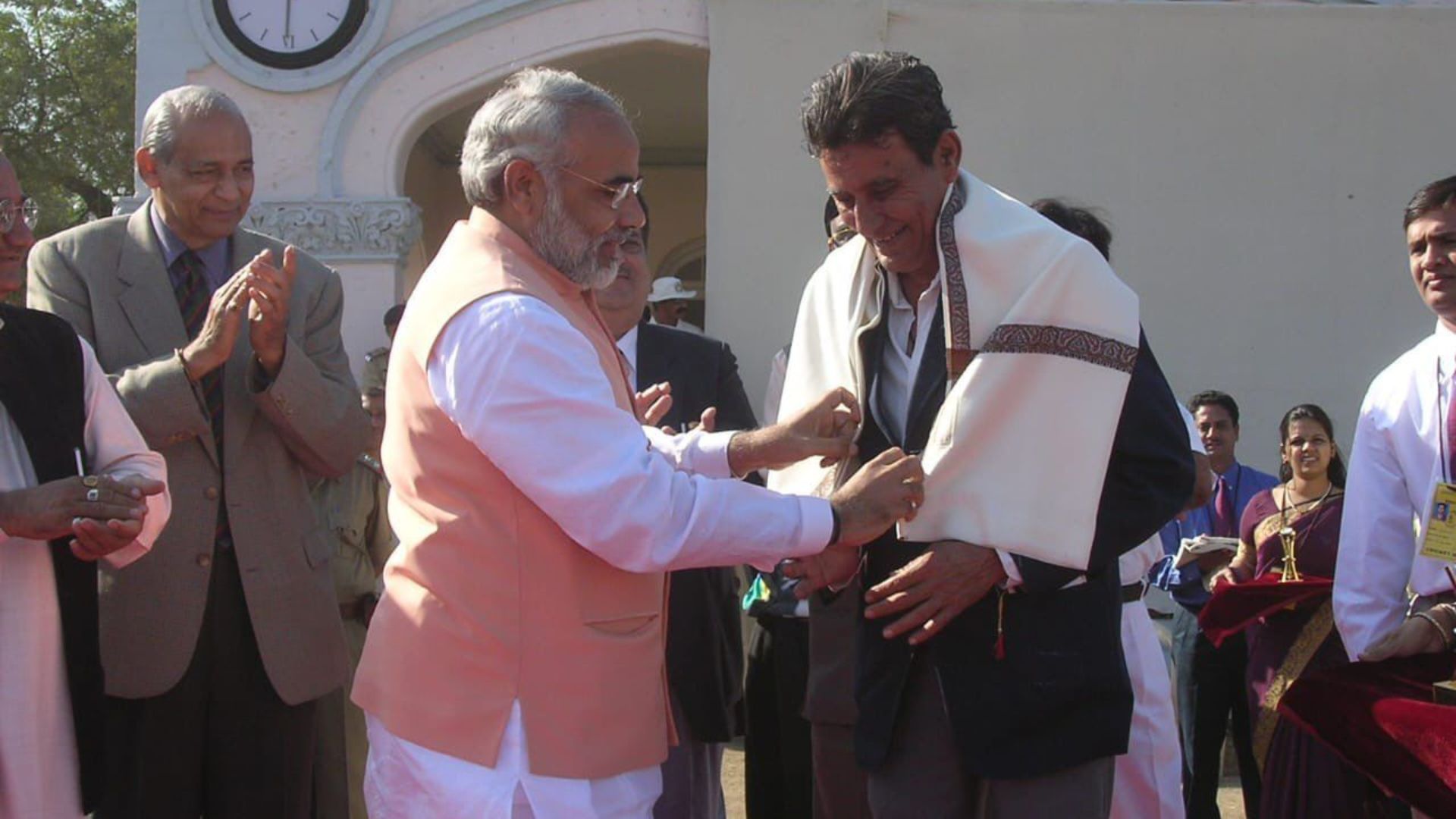
But to return to Port of Spain. Salim Durani went out at no. 3 and batted like a dream. Hall, Charlie Stayers, Lance Gibbs and Gary Sobers were all treated with disdain as Durani smashed his way to a magnificent 104. It did not avoid defeat. But it showed that the Indians hadn’t lost their will to fight.
Right from his birth, Salim Durani’s life was stuff of legends. His parents were settled in Kabul. Salim Durani was born under the “open skies” somewhere along the heights of Khyber Pass as his mother was traveling from Karachi to Kabul in a caravan. His father, Abdul Aziz who played one unofficial test match in 1936, settled in Karachi at the time of partition. The rest of the Durani family was left in India. Durani grew up in Jamnagar, the land of KS Ranjitsinhji. Cricket was both in his genes and in the air he breathed. Thus, it was not a surprise that Salim Durani would grow up to be a cricketer.
After his initial years with Saurashtra and Gujarat, in 1956, Durani moved to Rajasthan, before making his debut for India against Australia in 1960. During the 1960s, Rajasthan made it to the Ranji Trophy final seven times, losing every time to Bombay. Durani was an integral part of this magnificent Rajasthan team. In 1961-62, Durani had his first big moment in the sun for India. Against a strong English side led by Ted Dexter, India won 2-0 – their first ever series won vs. the erstwhile colonial masters. And Durani was a key architect of this triumph: picking 8 and 10 wickets in the wins at Calcutta and Madras respectively. And then came his magnificent hundred at Port of Spain. Sadly, it was to remain his only test century. Despite a 13-year India career, the vagaries of Indian cricket’s politics meant Salim Durani only played 29 tests.
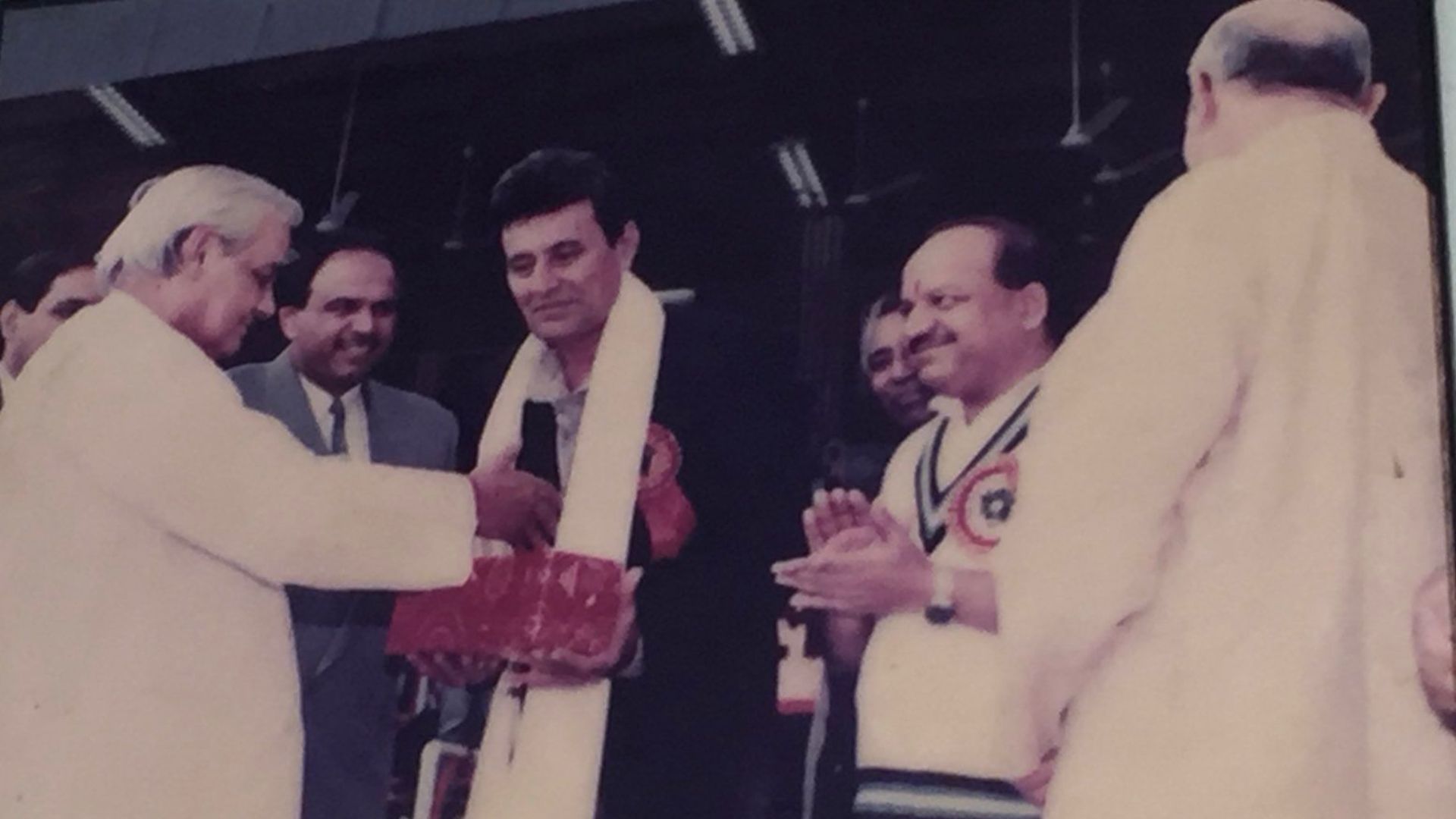
After 1966, Durani was discarded from national duty – it seemed his India career was over. But it wouldn’t have been Salim Durani’s life if it was so straightforward. In 1971, India was to embark again on a tour of the West Indies. By this time, Durani was over 36. Under Vijay Merchant as new chairman of selectors, a wave of new faces was flowing through the corridors of Indian cricket. Ajit Wadekar replaced Pataudi as captain. But a couple of old faces, in form of Durani and Dilip Sardesai were brought back. It was to prove a masterstroke.
India, having never won a test match against the West Indies till date, defeated the mighty hosts with a solitary win at Port of Spain. While the historic win is remembered more for heroics of Sardesai and Gavaskar, Durani proved a vital difference. In the West Indies’ 2nd innings, Durani bowled a magical spell of 17-8-21-2: his two victims being Clive Lloyd and the captain, Sir Garfield Sobers – the latter dismissed for a duck. The hosts never recovered from these twin blows and it paved way for Indian cricket’s most glorious moment till then.
Durani’s India career was now winding down. But he was still capable of providing one last moment of magic. At the Eden Gardens of Calcutta in the 1st week of January, 1973, Durani kept teasing the crowd in early morning practice by dropping catches. But at a vital moment on the final day, Durani pulled off a blinder to dismiss Alan Knott and set India en route to a narrow 28 run win.
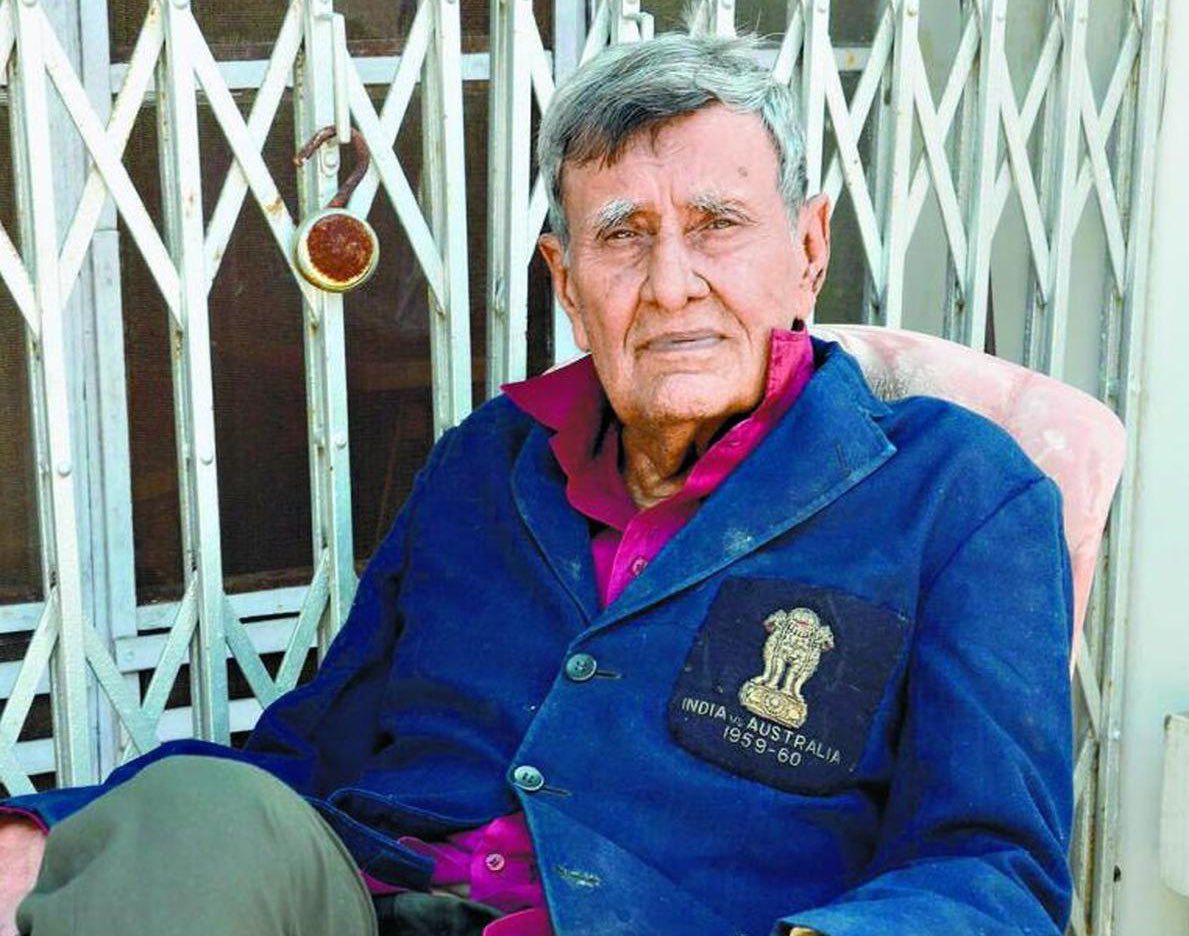
Salim Durani’s life and career was stuff of myths. His dashing good looks, cavalier attitude and dare devilry made him the crowd’s darling. During one particular series, he kept hitting sixes on request from the crowd! Nowhere was his heartthrob status more evident than in Kanpur, 1973 when large swathes of fans threatened to boycott a test match if Durani was dropped.
His good looks once prompted Dev Anand to ask him to consider a career in films. Durani actually starred in 1973 Hindi film Charitra opposite Parveen Babi. His connections with tinsel town are well celebrated. When in Calcutta, he hung out with Hemant Kumar. At Madras, Sivaji Ganesan kept him company. In Bombay, Ashok Kumar and Meena Kumari were his favorite partners to relax with.
I will end this article with this particular anecdote. Durani was taking part in a celebrity charity match in Bombay in the seventies. As he walked out to the middle, a wave of excitement ran through the crowd. Durani stepped out to hoist the ball towards the long on boundary. Dilip Kumar, who was fielding there, ran a long distance and leaped in to the air to pull off a blinder. As he ran towards his teammates, expecting congratulations, Kumar’s hopes were dashed.
Raj Kapoor, who was the captain, lashed out at his film colleague, saying “Do you think these people have come to watch you field or Durani saab bat??”
Salim Aziz Durani was a prince without a crown whose kingdom was the hearts of Indian cricket fans. Even as he leaves this mortal world, his legend will always live on.
 Based out of Kolkata, Trinanjan is a market researcher by profession with a keen interest in Indian history. Of particular interest to him is the history of Kolkata and the Bengal region. He loves to write about his passion on his blog and also on social media handles.
Based out of Kolkata, Trinanjan is a market researcher by profession with a keen interest in Indian history. Of particular interest to him is the history of Kolkata and the Bengal region. He loves to write about his passion on his blog and also on social media handles.
NEXT ARTICLE
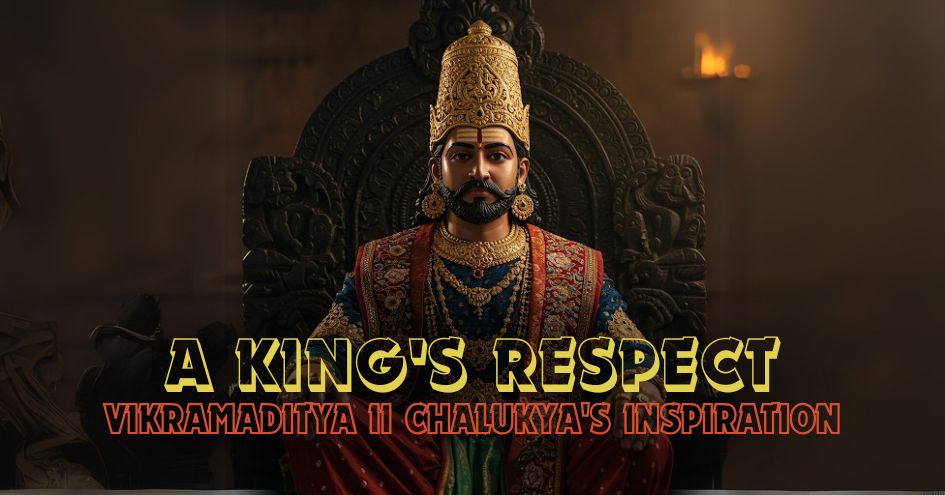
Indian History is rife with conflict between kings for power, territory and regional supremacy. We have seen instances where kings have made it a poin...
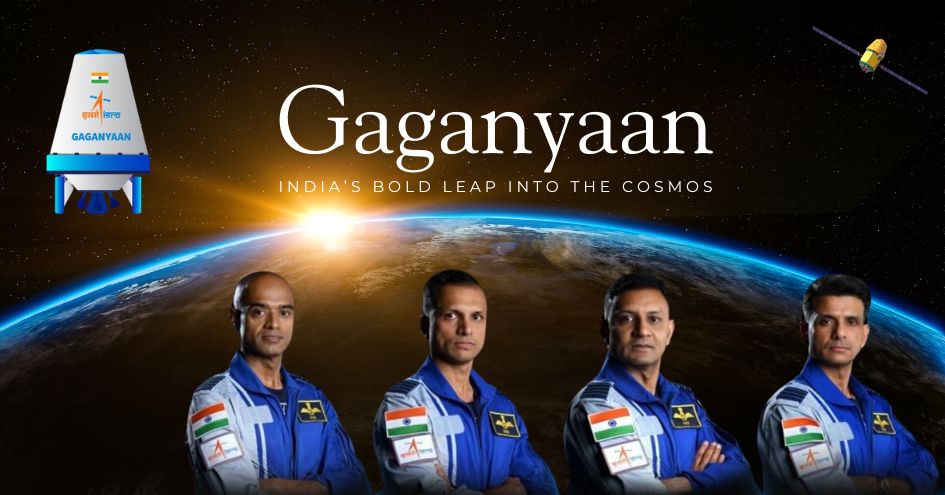
"Saare Jahaan Se Accha, Hindustan Hamara!"These immortal words, spoken by Squadron Leader Rakesh Sharma from the vast expanse of space in 1984, When t...

High in the rugged, unforgiving terrain of Jammu and Kashmir’s Reasi district, where the Chenab River slices through deep gorges and the Himalayas loo...